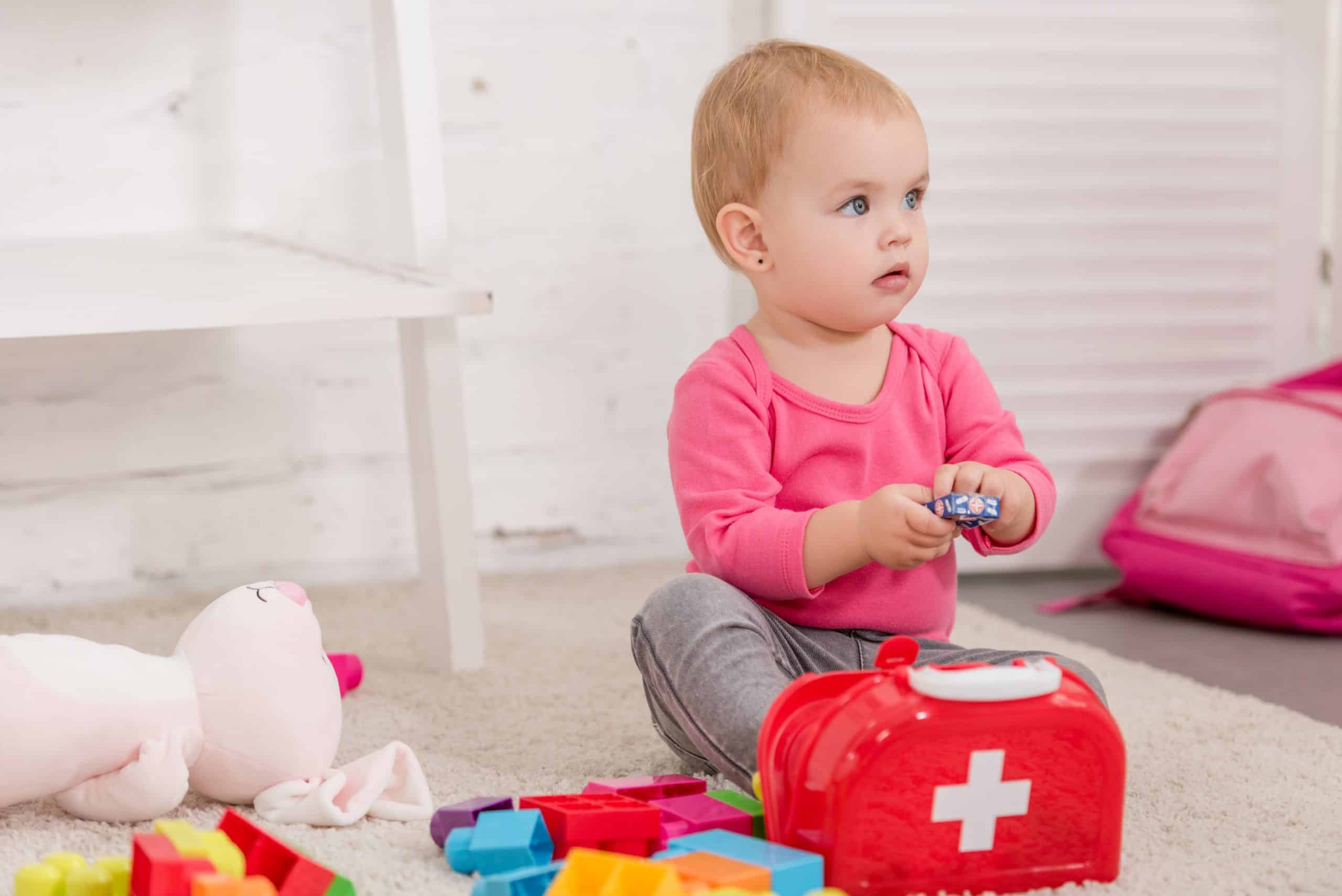Smart home technology is revolutionising how we live our lives, and this game-changing innovation isn’t just for the young or tech-savvy. It’s increasingly being utilised to help the older population, particularly those in need of care, to live independently and healthily within their own homes.
The Growing Need for Elderly Care Solutions
As the UK’s population ages, the demand for elderly care solutions is growing. It’s not just about providing support to those who are living with conditions like dementia. It’s also about helping older people maintain their independence for as long as possible. And this is where smart home technology is playing a crucial role.
A lire aussi : What Is the Impact of Micro-Housing on Solving UK’s Urban Housing Crisis?
The beauty of these technologies is that they’re adaptable to individual needs and circumstances. They’re not one-size-fits-all solutions, but can be customised to provide the right level of care and support, when and where it’s needed.
Smart Home Devices and Sensors for Health Monitoring
The cornerstone of smart home technology is the use of devices and sensors. These can be incorporated into everyday items like watches or wristbands, or installed in strategic places around the home. They’re designed to monitor various aspects of a person’s health and wellbeing, and can alert caregivers or medical professionals if something seems amiss.
A voir aussi : How to Create a Personalized Fitness Routine with UK-centric Health Apps?
Some devices can track vital signs like heart rate and blood pressure, while others can monitor movement and detect if someone has fallen. Sensors can be used to ensure that the person is eating and drinking regularly, getting enough sleep, and taking their medication on time. There’s also the capability to monitor mental health, detecting changes in mood or behaviour that could signal the onset of conditions like depression or dementia.
Integrating Smart Home Systems for Comprehensive Care
But it’s not enough to simply have these devices and sensors installed. For them to be truly effective, they need to be integrated into a comprehensive smart home system. This means that the information they collect can be analysed, interpreted, and acted upon in a timely and effective manner.
Such a system might include a central control panel, which can be used to manage and monitor all the connected devices in the home. It could also have a connection to a remote monitoring service, where trained professionals keep an eye on the data and alerts, ready to step in if needed.
There’s also the potential to connect the system to local healthcare services, allowing for seamless communication and coordinated care. This could be particularly beneficial for those living with complex health conditions, or those who have recently been discharged from the hospital and require ongoing support.
Overcoming Barriers to Smart Home Adoption for the Elderly
While the benefits of smart home technology for elder care are clear, there are also challenges that need to be overcome. For many older people, the thought of using these high-tech devices and systems can be daunting. They may worry about their ability to use the technology correctly, or have concerns about privacy and security.
It’s therefore important for tech companies, healthcare providers, and caregivers to work together to provide the necessary training and support. They need to reassure older people that these technologies are there to help them, not to spy on them or make their lives more complicated.
Looking to the Future: How Smart Homes Will Continue to Enhance Elderly Care
The potential for smart home technology in elder care is enormous, and we’re only just beginning to scratch the surface. As these technologies continue to develop and evolve, we can expect to see even more innovative solutions to support the older population.
Perhaps we’ll see a greater use of artificial intelligence, enabling smart home systems to predict health problems before they occur, or to provide personalised care plans. We may also see a rise in the use of robotics, with machines taking over some of the more physically demanding aspects of care.
Regardless of what the future holds, one thing is clear: smart home technology will continue to play a pivotal role in helping older people live independently and healthily, for as long as possible.
Enabling Social Care with Smart Home Technology
Numerous smart home devices and systems are now designed with innovative features that empower older people and those with disabilities to live independently. The potential of smart home technology to revolutionize the way we approach social care is impressive, but requires wide-scale adoption and understanding.
Devices such as automated window blinds, voice-activated lights, and smart thermostats can simplify routine tasks for those with physical limitations. Meanwhile, smart refrigerators can remind older adults to eat and drink regularly and even order groceries when supplies are low. Innovative activity recognition technologies can monitor the routines of older adults, alerting family members or caregivers if there are significant deviations that might indicate a problem.
Installing a smart lock system can provide additional security, and allows caregivers or emergency services access if required. This kind of home monitoring system can provide peace of mind for both the elderly and their families, knowing that help is available at the touch of a button.
However, assistive technology goes beyond physical assistance. Cognitive aids such as digital calendars, reminder systems and even smart speakers can help those with memory impairments. For instance, when integrated with a home alert system, a smart speaker could remind an older person when it’s time to take their medication.
These advancements in smart technology are not just about making life easier, they are about enabling a greater quality of life for older adults and disabled people, allowing them to maintain control over their own lives and homes.
Bridging the Accessibility Gap with Smart Devices
While the potential benefits of smart home technology for elder care are vast, it’s important to remember that for these benefits to be realized, the technology must be both accessible and user-friendly for older adults.
The challenge lies in designing interfaces that are simple, intuitive, and adaptable to the varying levels of tech-savviness among older adults. It also requires addressing concerns about data privacy and security, which are often cited as reasons for reluctance among this demographic to adopt new technology.
Training programs can be developed to introduce older people to this technology and provide ongoing support. Such initiatives can foster a sense of confidence and ease in using these devices, vital for their successful integration into everyday life for older and disabled people.
Moreover, information about the positive impact of smart home technology on independent living should be more widely disseminated. The more older people and their families understand about the potential of these devices, the more likely they are to embrace them.
Conclusion
As we look to the future, it is undeniable that smart home technology has a significant role to play in enhancing elderly care and promoting independent living. The challenge lies in overcoming barriers to adoption and ensuring that these technologies are accessible to all who could benefit from them.
As the technology continues to develop, we foresee a future where smart homes will become the norm rather than the exception, allowing older adults and disabled people to live independently and engage with their surroundings in ways that were previously unimaginable.
From predicting health issues before they happen to taking over physically demanding tasks, smart home technology can change the face of social care in the UK. Importantly, this technology is not just about supporting physical health, but also mental and emotional wellbeing. With the right support, training, and data security measures in place, smart homes have the potential to redefine the meaning of ageing with dignity and independence.






